Benefits afforded to Tenants by the Retail Shop Leases Act.
In Queensland, Retail Shop Leases are regulated by the Retail Shop Leases Act 1994 (the “Act”) and this legislation affords tenants a number of protections that cannot be contracted out of. This means that if there are any inconsistencies in the lease, the legislative provisions prevail. This article outlines just a few of these benefits.
See our article HERE to determine if you should have a Retail Shop Lease for your premises.
Disclosure Statement
At least 7 days prior to signing the lease the landlord is required to provide to the tenant a draft copy of the lease along with a disclosure statement. The disclosure statement is a reference document listing the important commercial terms of the proposed lease e.g. rent, outgoings, permitted use, etc.
During the lease term, the landlord is also required to provide the tenant with a disclosure statement within 7 days of receiving the tenant’s notice to exercise an option under the lease.
The disclosure statement is very important and tenants should ensure they take the time to read through it thoroughly. In particular, tenants should pay close attention to the sections outlining outgoings and other costs to ensure they have a full understanding of the additional costs under the lease and how they are calculated.
If the disclosure statement is not provided by the Landlord or is defective in some way, the tenant may be able to terminate the lease for a strictly limited period of time and may be entitled to compensation for any loss or damage suffered as a result of the defective disclosure.
Payment Restrictions
Under the legislation, there are restrictions on what costs and charges the landlord can pass on to a tenant.
Some of the more common outgoings that cannot be passed on include land tax, sinking fund contributions, some insurance premiums and excess payments, and expenditure that is of a capital nature. Landlords are also prohibited from seeking payment for the goodwill of the tenant’s business.
In addition to these, a number of expenses associated with the preparation of the lease cannot be passed on to the tenant. These include the landlord’s legal fees and the costs associated with obtaining the mortgagee’s consent to the lease.
Rent Reviews
The legislation includes protections surrounding rent reviews. One such protection is that rent can only be reviewed on one basis per review, meaning it cannot be on a “whichever is higher” basis (e.g. CPI or market review, whichever is higher). Additionally, the Act provides that, except within the first year of the lease, rent cannot be reviewed more than once per year.
There are provisions in the Act dealing with how market rent is to be calculated and the timeframes around this and the Act also voids any clauses that prevent the rent from decreasing under a rent review (otherwise known as ratchet clauses).
Dispute Resolution
Included in the Act are a number of compensation provisions implied in all Retail Shop Leases. These include, amongst others, compensation for loss or damage suffered by the tenant as a result of the landlord causing some kind of business disturbance to the tenant. Examples of a business disturbance include restricting tenant or customer access to the premises or restricting the flow of potential customers past the premises.
The Act also sets out a low-cost dispute resolution process involving mediation and, failing that, the matter can be referred to QCAT. This process is available to tenants regardless of the dispute resolution process set out in the lease.
Overview
In addition to the above, the Retail Shop Leases Act 1994 provides many other benefits to tenants under a Retail Shop Lease which are not afforded to tenants under a Commercial Lease.
Contact us for expert assistance with understanding your lease or proposed lease to ensure you are not being disadvantaged and to ensure you are receiving all the benefits you are entitled to under the Act.
Important Disclaimer: The material contained in this publication is of a general nature only and is based on the law as at the date of publication. It is not, nor is it intended to be, legal advice. If you wish to take any action based on the content of this publication, we recommend that you seek professional advice.

